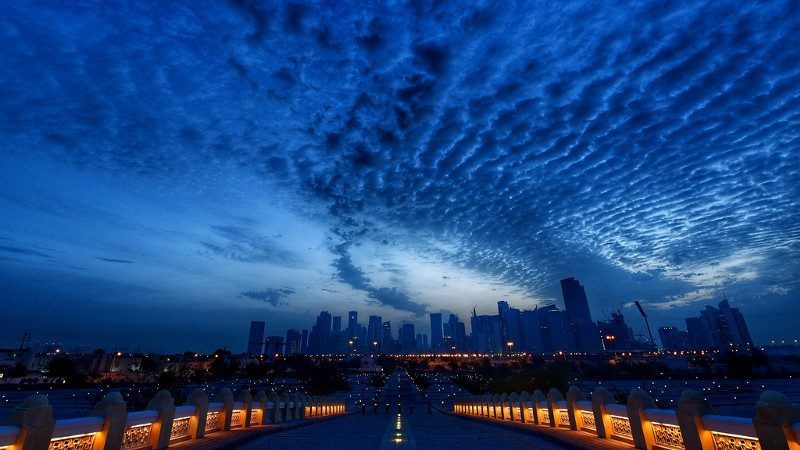
By Gerard Harmon
In response to questions from friends and family back home about how Qatar has been affected by the Gulf crisis, American attorney Gerard Harmon posted this take on the situation on Facebook.
In the piece, Harmon discusses Qatar’s strategy of taking the high road, its neighbors’ timing for the blockade, his newfound love of Turkish dairy products and how media is shaping perceptions of reality, among other things.
To my friends back home who are worried about me:
Honestly, nothing has happened yet that makes “the Doha siege” much of an issue. From inside the country, you cannot even tell anything is going on.
Except there are more Turkish dairy products, which have proven to be higher quality and less expensive than what we were getting from KSA and the UAE.
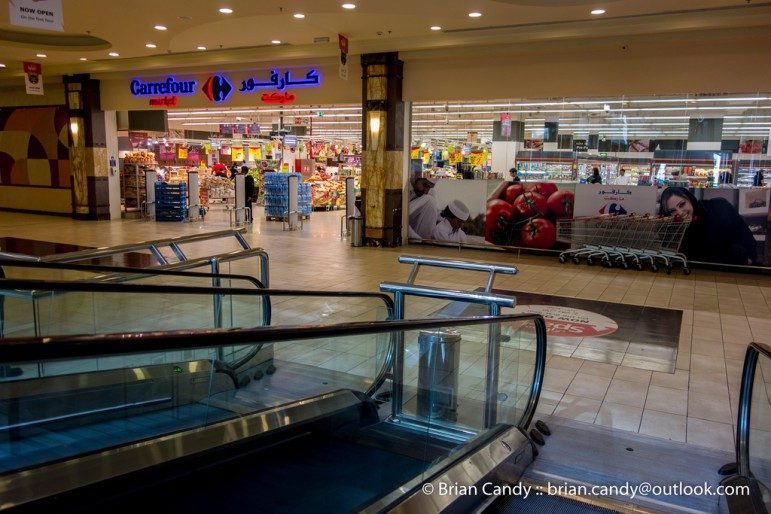
Yes, there was a rush on grocery stores the first day the embargoes were announced.
But even that was not very bad. Nothing like what I was reading about in the papers.
I had plenty of groceries, but I went out to get some stuff anyway just because I wanted to see how crazy it really was. I didn’t want to be left out of all the excitement.
While I was at the store that first day, shelves were only temporarily bare. Everything was in the process of being perpetually restocked (except for water, milk, eggs, and meat, which did run out in some stores; chicken was a hot commodity).
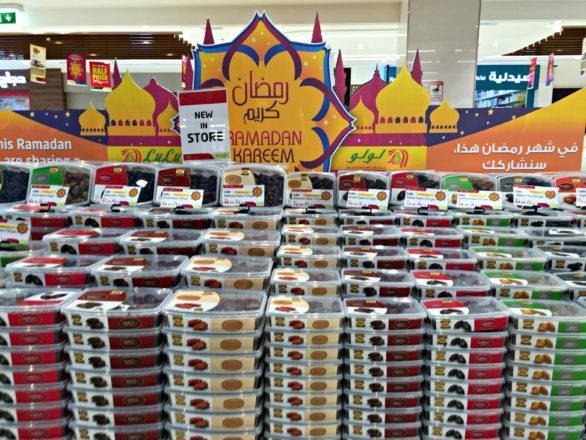
Yes, I could have taken a picture of some empty shelves for Facebook. But I would have had to time it just right, or else there would have been store workers in the way putting boxes back on the shelves.
I didn’t take a picture though. Because it would have been deceptive. It would have provided support for a false narrative.
And the next day? Well, the shelves were full again. And they have been full ever since.
No rationing, no crowds, no hoarding. Just regular, boring shopping.
There are no petrol shortages, people are still going out to eat at giant buffets for iftar, expats are still gathering at each other’s houses for discrete festivities, etc.
No regime change
There will be no regime change or anything like that, regardless of what the UAE and Saudi Arabia might have been hoping for.
Qatar has not been destabilized. Qatar is not intimidated. The Emir is more popular than ever. Probably more popular.
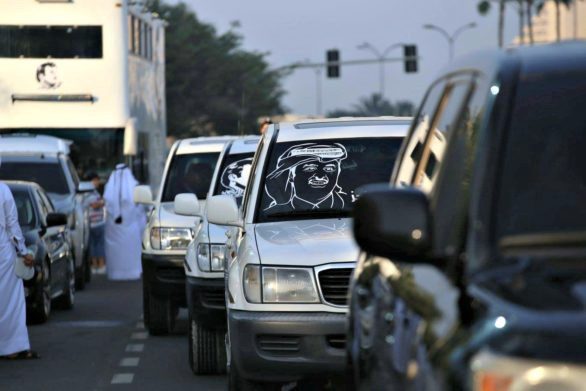
Seriously, 75 percent of the cars I pass on the road have a decal of Sheikh Tamim on the back window.
On expat cars as well as citizen cars. The streets are lined with businesses flying Qatar flags. It’s like National Day came early this year. Even the expats are feeling patriotic.
Heck, I want one for my car. #WeStandWithQatar and all that.
Nobody has clean hands
To clarify, I do not think anyone in the region has completely clean hands. Everyone has room for improvement.
And I definitely agree that extremist groups should not be funded.
I also agree that the Muslim community needs to clean its own house, and that outside actors cannot do it for them. Nor should they.
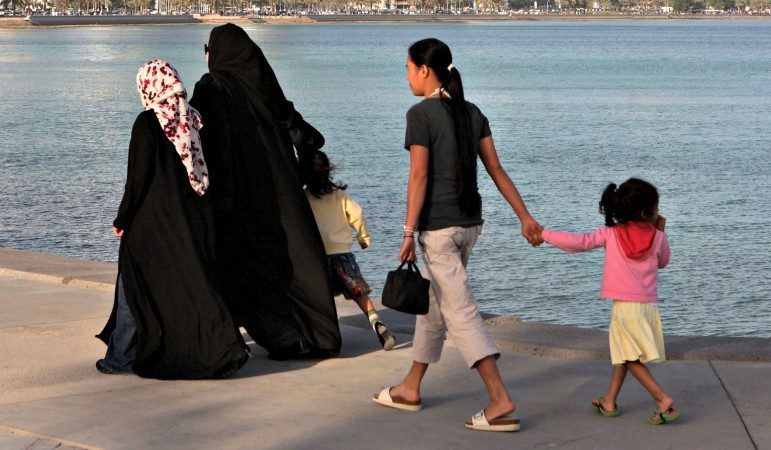
But the premises on which this whole event has been based are questionable at best.
There are some topics where one might legitimately criticize Qatar:
- Treatment of domestic workers and laborers;
- The status of women;
- Attitudes toward sexual orientation;
- Treatment of sexual assault victims,
- Restrictions on free speech and expression.
But none of the countries complaining about Qatar seem to have a problem with any of that. In fact, they all engage in the exact same behaviors.
But when the KSA is accusing another state of funding terrorism….I have no words for the irony there. It should be self-evident.
And to find out that the UAE is trading $40 billion annually with Iran, while saying that Qatar’s softening stance toward Iran is unacceptable, and imposing sanctions they do not even impose on Iran itself….Not very persuasive.
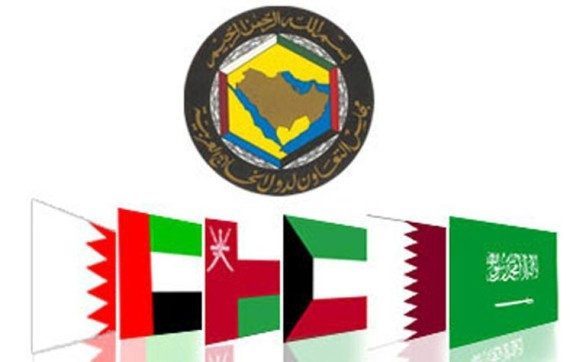
This is retaliation for breaking rank.
It is about undermining the uniformity of the GCC “party line,” which KSA wants to dictate.
It is about deterring Al Jazeera from reporting anything critical about the region.
It is about Qatar allegedly fomenting unrest by supporting democratic movements in the region (“interfering in the internal affairs” of other countries). Stuff like that.
US involvement
I am also disappointed about Trump intermittently trying to take credit for everything, even while the State and Defense departments are reaffirming their appreciation of Qatar and our GIANT FREAKING MILITARY BASE HERE.
It is ridiculous.
Trump saying the Saudi King is “my friend”? Saying his big arms deal (which is just at the memorandum of understanding stage at this point) is going to create thousands of American jobs?
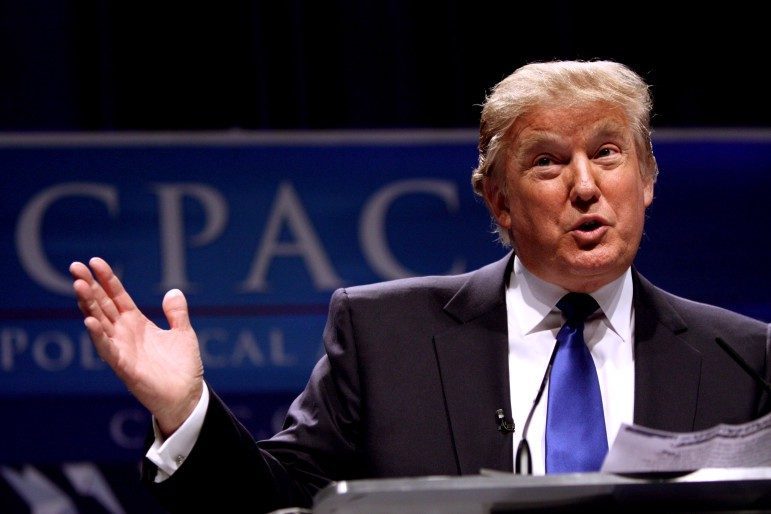
All of that is coming out of one side of his mouth, while the other side talks about the importance of containing terrorist activity and stabilizing the region.
What happened to all the US isolationism we heard about on the campaign trail? What happened to America First?
And what happened to all of the hardliner, zero-tolerance campaign rhetoric? That’s just for Qatar now? Really?
C’mon. Is there anyone out there (other than KSA) who thinks KSA and Wahhabism do not deserve the lion’s share of the blame for the rise of extremism in the Middle East and abroad?
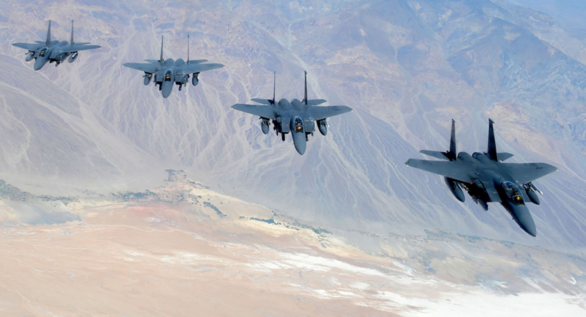
So why are we selling them billions of dollars of high tech military equipment again?
And if Qatar is really such a credible threat, then why did the US just enter into a contract to sell Qatar $12 billion worth of weapons? And why did the UN reject the list of violators supplied by the blockading countries?
Why punish the people?
Aside from motive, there is the decision to pull the trigger on this during Ramadan.
Splitting up dual-nationality family units, with children in one country and mothers forced to move to another, or vice versa?
Extended families who can’t get together across borders for Eid? People having to abandon businesses and property, even if only temporarily?
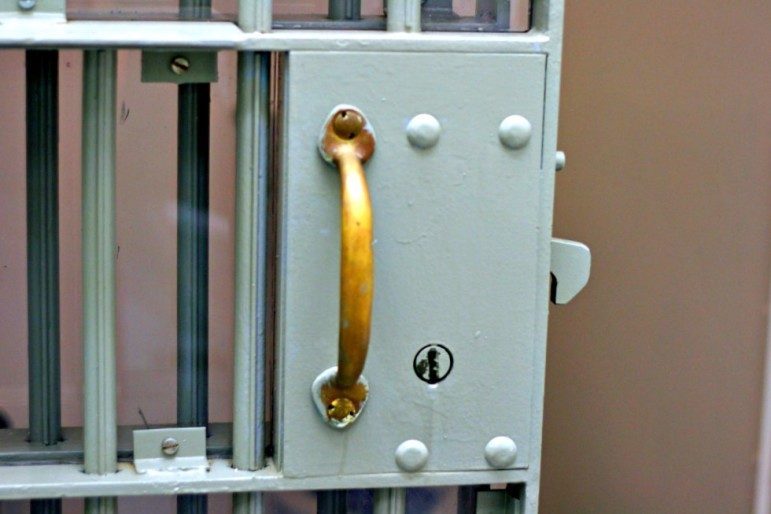
Expats with residence permits who can’t go to Bahrain, Dubai, Abu Dhabi, etc? UAE and Bahrain criminalizing any expressions of sympathy towards Qatar?
None of that really seems consistent with the whole Ramadan spirit of introspection, empathy, and forgiveness.
Fundamentally, this is a diplomatic issue. It is business between governments.
So if destabilizing Qatar was not the goal, then why in the world would they attempt to inflict suffering directly on the citizens and residents of Qatar?
Why punish the people?
Taking the high road
I have been pleased to see Qatar taking the high road so far. Exercising restraint. Refraining from escalating speech and actions.
Encouraging citizens and residents to avoid saying mean things about the other countries on social media.
Assuring resident citizens of those countries that they are not in danger of deportation or retaliation.
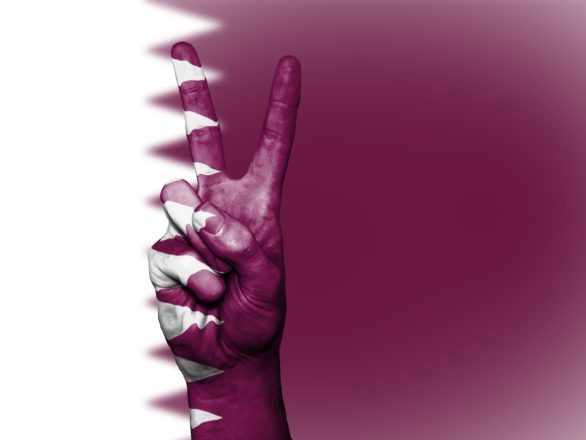
Remaining open to dialogue but firmly asserting their sovereignty? I’m for all of it.
I have read some speculation that the timing and the extremity of the actions taken were supposed to make everyone turn on the ruling family, or maybe to force Qatar to make major concessions.
I do not know. But there are some pretty damning emails leaked from the UAE ambassador in Washington that appear to provide support for this conclusion.
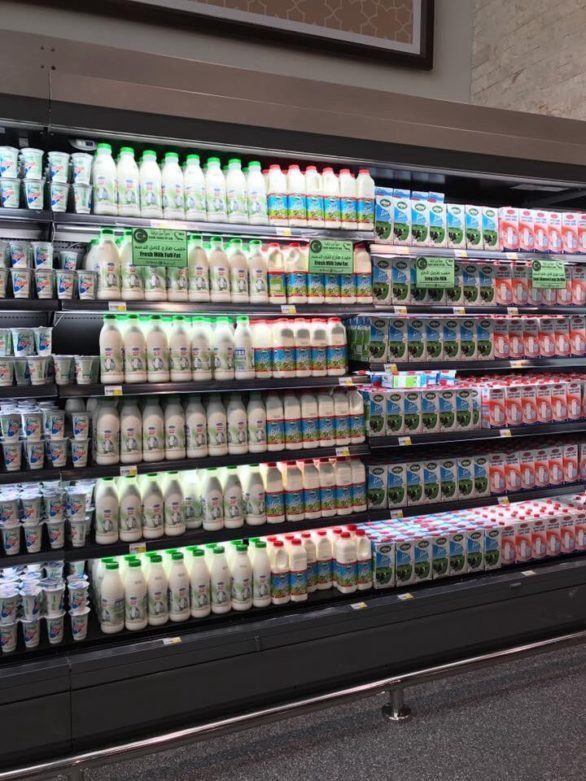
Whatever the plan was, inside Qatar it has backfired.
Even after KSA and UAE food products come back on the shelves (to the extent they do), a lot of people here are going to boycott them out of principle.
I’ll be avoiding them, but not for political reasons. I just absolutely love Turkish dairy products.
Backfiring plans
This whole thing reminds me of a jealous partner driving the other into a suspected lover’s arms.
It is creating a self-fulfilling prophesy. Iran and Turkey are now sending food and other assistance.
Qatar and Iran are likely to develop friendly relations at a greater rate than they would have otherwise done before the gloves came off.
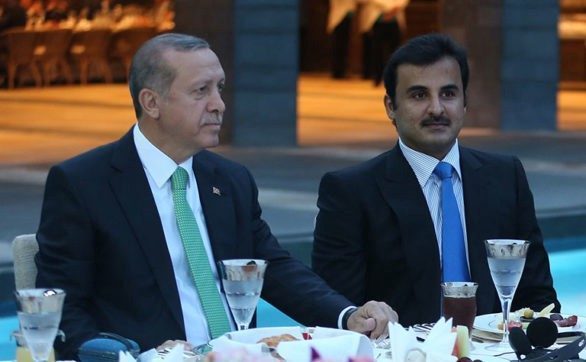
Relations with Turkey were friendly before, but now the two countries are absolutely bros.
And once the new supply chains are in place, I doubt things will ever go back to the way they were.
This means KSA and UAE businesses that used to profit from trading with Qatar will no longer do so, at least not to the same extent.
Qatar has been forced to make changes and diversify its supply lines because its “brotherly neighbors” chose to exploit Qatar’s geographical vulnerabilities for political purposes. Trust has been lost as a result.
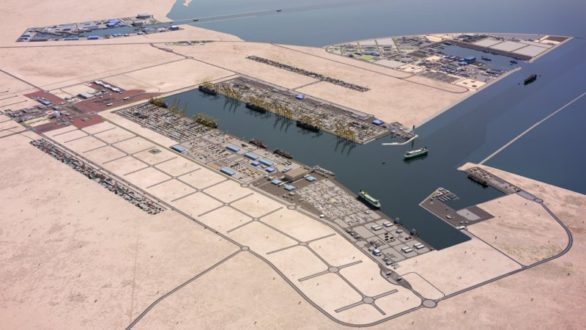
And to a certain extent, this is an honor thing.
There has been an attempt to embarrass and malign Qatar on the world stage. Around this part of the world, people may make up and carry on.
But they do not forgive easily. And they do not forget.
So yes, it is a big deal that it came to this.
The bell has been rung, and it cannot be un-rung. I think this means there could be some big changes in the future, as Qatar and perhaps other countries increasingly migrate out of KSA’s sphere of influence.
But who knows what will come of it. Maybe more stability, maybe less stability. Maybe we will get some movement on regional policy towards Iran and Israel. It is starting to look that way.
Media’s effects on reality
My last thought is more meta. It is about how the media manufactures attitudes within populations.
It has been a rare experience to read different regional and global news articles on what is going down, to see how different countries are reporting the same events in drastically different ways, all while being able to see what is happening on the ground with my own eyes.

I can understand why people in the US may have trouble seeing when their propaganda machines are working on them.
I mean, outside of the whole “FOX Fair and Balanced / Liberal Fake News” dichotomy, it can be hard to identify the forces at work while you are in the middle of it.
That is precisely because they are at work on you.
It is a lot easier to see the cogs of manufactured consent turn from a distance. I have read many news reports from the US, KSA, UAE, etc. that are total baloney.
I read about hysteria, panic, famine, on and on. And I get stressed out for a second.

Then I look outside. And it’s just crickets (figuratively). And construction machinery, doing business as usual. Intentionally or accidentally, someone is distorting the truth.
It makes me think about all the things I read about unfamiliar places and events.
And about how I often believe what I read. And how what I read makes me feel like I know what I’m talking about.
It makes me think about how what I read worms its way into my psyche and creates those attitudes, those feelings, that are often not even conscious. And how over time those attitudes and feelings concretize into opinions.
And it makes me think about how a lot of what I base my opinions on could very well be untrue. Sobering stuff.

Well, I must be off.
I’m going to the grocery store to get some taco shells from the Netherlands, some hamburger from New Zealand, cheddar from Ireland, sour cream from Turkey, and produce from Iran, India, and Lebanon.
For even the Siege of Doha cannot thwart my Taco Tuesday. #IStandWithTacos.
Thoughts?
Disclaimer: The views expressed in this Opinion article are the author’s own and do not necessarily reflect Doha News’ editorial policy.






